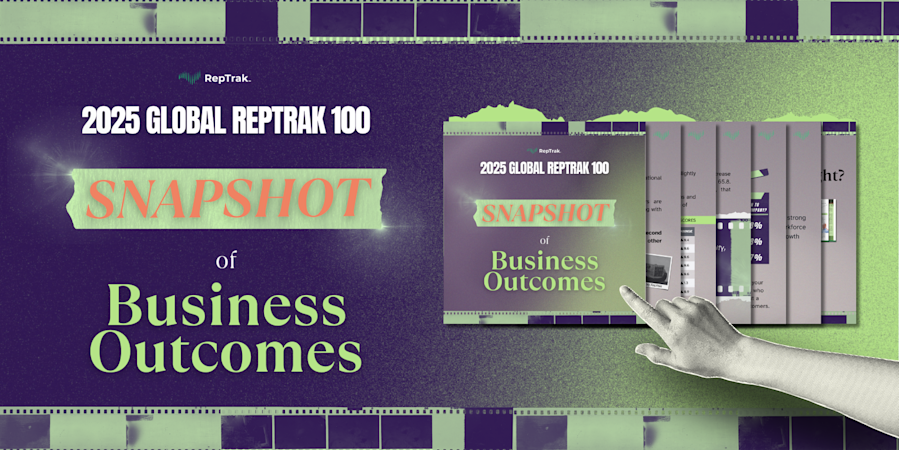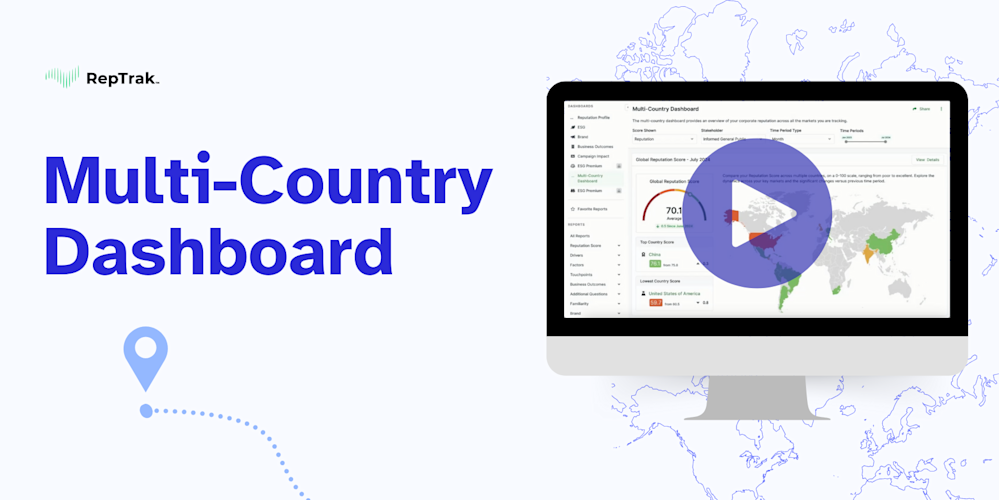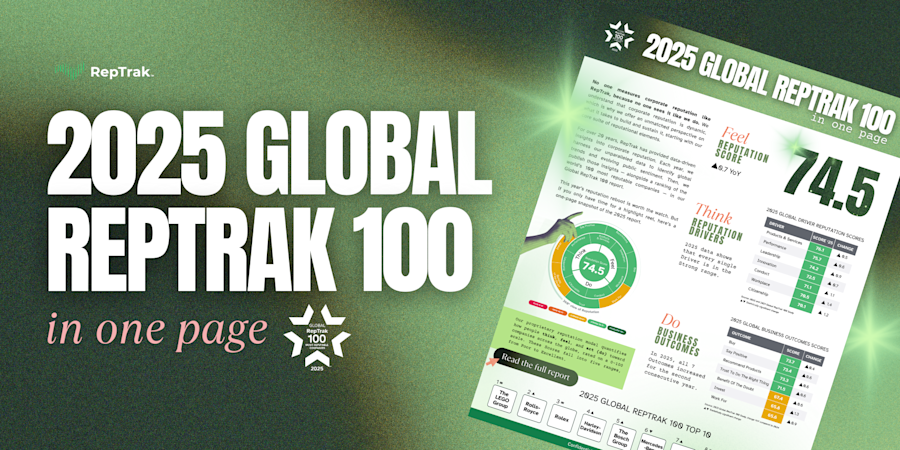Ensure Your Trust Travels
Corporate Reputation06 Mar, 2025
Corporate reputation is your most valuable asset. A strong global reputation sets the stage for success, but earning trust in each region requires a strategic approach tailored to local stakeholder expectations, cultural influences, and market dynamics. Organizations that fail to tailor their messaging risk credibility gaps, ineffective crisis management, and weaker audience connections. To build lasting trust, companies must go beyond a global strategy and ensure their messaging resonates locally. Here's how:
Four Action Items to Enhance Reputation and Trust Locally
1. Localize Your Reputation Strategy
Local stakeholder bias plays a critical role in shaping trust. While some corporations naturally inspire confidence, others must work harder to establish credibility. Without a localized strategy aimed at building trust, organizations may face skepticism and slower market adoption.
To build trust effectively, companies must address local sentiment and market-specific nuances while clearly communicating their goals and mission to stakeholders. Transparency and visibility play a crucial role in establishing credibility and fostering long-term trust.
Action Items: Set Clear Reputation Goals
Assess market sentiment: Are consumers receptive to new brands, or is more effort needed to earn their trust?
Identify key reputation drivers: Factors like leadership visibility, sustainability efforts, and product reliability can hold different weight depending on the region.
Implement localized trust-building strategies from the start to establish credibility and foster long-term relationships.
2. Aligning Core Brand Values with Local Expectations
A company’s core values provide a foundation for brand consistency, but their perception can vary significantly across markets. A message that resonates in one country may miss the mark — or even pose a reputational risk — elsewhere.
The most successful companies don’t simply translate messages, they align their brand purpose with regional priorities. This ensures that customers, employees, and stakeholders experience the brand consistently with cultural nuances.
Action Items: Make Brand Values Actionable & Locally Relevant
Define non-negotiable brand values while allowing flexibility for local adaptation.
Embed values into every interaction, from leadership decisions to customer touchpoints.
Leverage regional reputation data to align messaging with stakeholder expectations.
Engage local voices by collaborating with stakeholders, hiring regional experts, and incorporating local insights into strategy.
3. Adapting Crisis Management by Market
Even the most established reputations can be tested during a crisis. Companies that actively monitor local sentiment gain a critical edge — enabling them to respond swiftly, engage effectively, and rebuild trust efficiently.
In some markets, a CEO-led response may be preferred, while in others, local leadership may inspire greater trust. Additionally, communication channels vary by region — some audiences rely on traditional media, while others turn to social platforms for real-time updates.
Action Items: Proactive Crisis Planning
Ensure market-specific crisis plans identify the right spokesperson and trusted communication channels.
Continuously monitor local sentiment to detect early warning signs before issues escalate.
4. Creating a Competitive Advantage in a New Market
A strong global reputation can open doors, but standing out in new markets requires more than just brand recognition. Without benchmarking against local industry leaders and understanding consumer expectations, companies risk losing ground to competitors.
Action Items: Benchmark to Differentiate Against Competitors
Benchmark against local competitors to identify positioning gaps and opportunities.
Assess stakeholder expectations to refine messaging that aligns with regional needs.
Build credibility through partnerships with trusted local entities.
Leverage multi-country tracking to measure the effectiveness of differentiation efforts.
A Reputation Strategy That Succeeds
Reputation doesn’t always carry over from one market to the next. Companies that assume trust will naturally follow their efforts risk losing credibility where it counts. To truly succeed, businesses need to balance global brand consistency with strategies that build trust locally. Using data-driven insights to benchmark against local competitors, companies can stay ahead of reputation risks and better adapt to local markets — all while staying competitive on the global stage.
Take Action with RepTrak
Reputation is dynamic — it’s built, reinforced, and protected through strategic insights and action. Discover how RepTrak’s Multi-Country Dashboard helps businesses stay ahead of the curve, adapt to local markets, and strengthen their global reputation.
Explore the Multi-Country Dashboard today.





